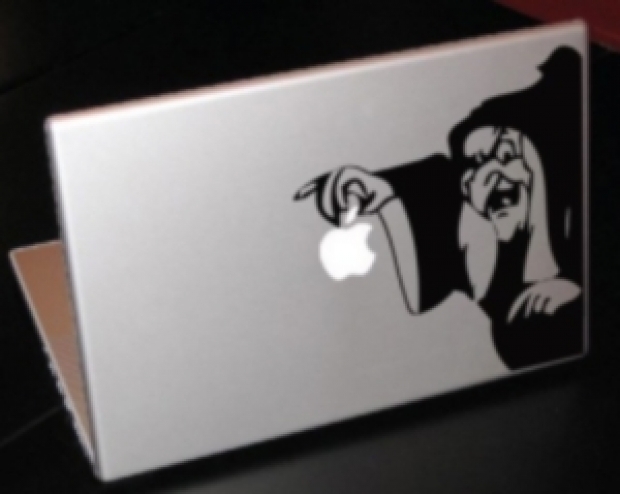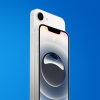Yesterday the FBI told the court that a hacker had come forward with some promising technology to hack the iPhone which probably means it does not need Jobs’ Mob’s help after all.
It is not clear what the exploit is, but if it does work, then it will give US law enforcement a backdoor to Apple’s security software. This exploit will exist on all Apple products until Jobs’ Mob figures out what it is and patches it.
But it did not have to be like that if Apple had co-operated in the first place. Had it obeyed the court order it could have cracked the phone itself handed the data over to the FBI and that would have been the end of it. It could have kept the method secret and the FBI would always have to get a court order for Apple to do it everytime. Now it does not need to get a court order from Apple to do it.
For all Apple’s grandstanding over the issue of privacy as the reason for disobeying the court it has created the very scenario it wanted to avoid – giving the FBI its own personal back-door to its software.
By doing what it did, Jobs’ Mob forced the FBI to find a solution which did not involve Apple. Sooner or later a hacker, or someone in the security services, would find a way of cracking an iPhone and give it to the FBI. The result would be something the FBI could keep a back-door for future cases.
It will also show that encryption is only one part of phone security and not, as Apple had been touting, a privacy panacea. Once again Apple has created a mess for itself by believing in its own PR. Firstly it believed that it made totally secure products that no-one can hack. Secondly that its operating system was a great mystery that only it understood.
Apple’s normal recourse in these matters is to PR spin and legal footwork. In this situation it successfully convinced its Tame Apple Press that protecting terrorist’s privacy was a good thing. This was a risky strategy. Had one of the San Bernardino shooters’ mates gone on a gun rampage, the FBI could clearly blame Apple for allowing to happen. That has not happened yet, and with the phone cracked it is unlikely to be a problem
Apple could argue that it shows that, unlike other companies, it is interested in protecting user privacy. However according to a national Reuters/Ipsos poll, Apple is trusted about the same as its rivals Google, Amazon and Microsoft. So as a PR stunt it failed.
The legal case, which Apple was threatening to take to the Supreme Court, was just bizarre. It was a shame it might never get heard. Fighting a case like this is nearly impossible and certainly on the grounds that Apple was giving Jobs’ Mob could not win without substantially disabling the American legal system.
Like the recent “cartel” case, this issue shows how out of touch Apple is with reality and how its actions simply create the opposite effect of what it wants.




